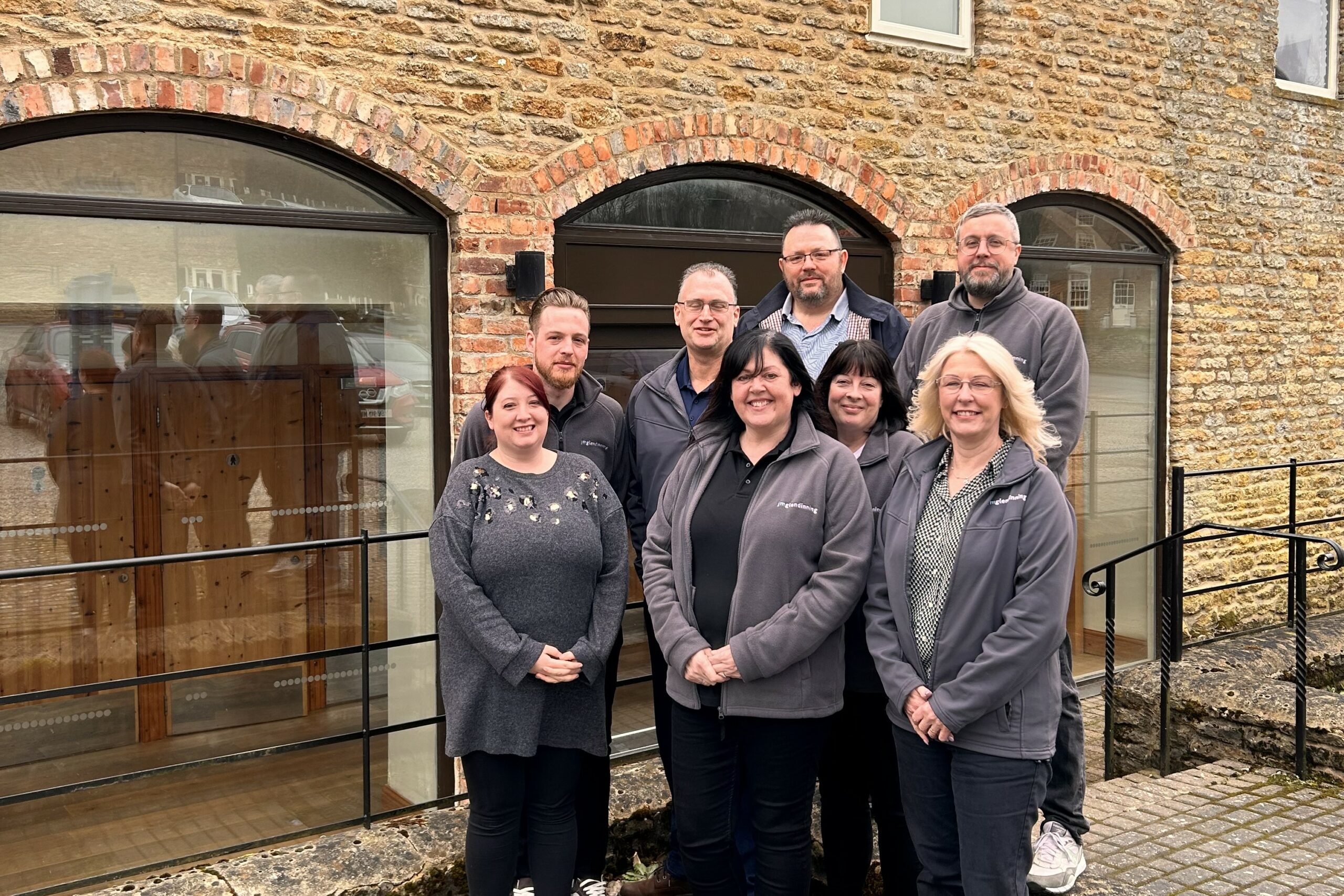News
Tackling the growing trend of underinsurance
13 November 2023
Making sure your property and assets are adequately protected through insurance is an important step in safeguarding the financial security of your business. Whilst most business owners are aware of the importance of property insurance, there is a concerning rising trend of properties being insured for the wrong amount.
Here, David Edmondson, account executive at Blackburn-based insurance broker JM Glendinning, highlights the recent findings from Rebuild Cost Assessments (RCA) and shares some important steps to consider when insuring properties.
According to the RCA, more than 90% of buildings in the UK are insured for the wrong amount. 81% of UK properties are underinsured, while 14% are overinsured. Underinsured buildings in the UK are, on average, covered for only 63% of their actual value. This leaves property owners vulnerable in the event of an accident, disaster, or deliberate damage.
At the other end of the scale, overinsured properties result in unnecessary premium payments, with businesses paying an average of 22% more than required. On average, commercial properties face an 80% under-insurance rate and a 13% over-insurance rate, while residential properties fare slightly worse with 82% being underinsured and 13% overinsured.
Top ten underinsured property types
- Sports and recreation centres
- Hospices
- Public houses
- Nursing homes
- Golf clubhouses
- Vehicle showrooms
- Youth clubs
- Undertakers
- Retail warehouses
- Dentist surgeries.
Failure to insure to the correct levels may result in the application of ‘average’ which, in the event of a claim, would see businesses only receive a proportionate settlement rather than the actual value at risk.
It is evident that the cost of rebuilding properties is on the rise, which will impact valuations and insurance premiums. In 2022, rebuild costs increased by 11.9%, and the forecast for 2023 predicts a compound increase of just under 10%, bringing the two-year total to 23.09%. These figures highlight the need to stay updated on insurance cover, as fluctuations in building material costs can significantly impact the rebuilding process.
It’s also essential for businesses to review indemnity periods under their Business Interruption coverage. Global supply issues are leading to delays in the supply of replacement materials and machinery, increasing lead times for rebuilding and business recovery.
Experienced insurance brokers can help businesses assess and adapt their coverage to mitigate these risks. Acting as a bridge between clients and the insurance market, JM Glendinning Insurance Brokers Lancashire is equipped with the knowledge and experience to assess unique circumstances and match them with the most appropriate coverage. It can also obtain professional rebuild valuations from a team of RICS registered surveys at RCA, at a competitive price, to ensure businesses aren’t left exposed or overburdened.
To arrange a free, no-obligation discussion with David Edmondson or his colleagues at JM Glendinning Insurance Brokers Lancashire, please email david.edmondson@jmginsurance.co.uk or call on 01254 460160.




